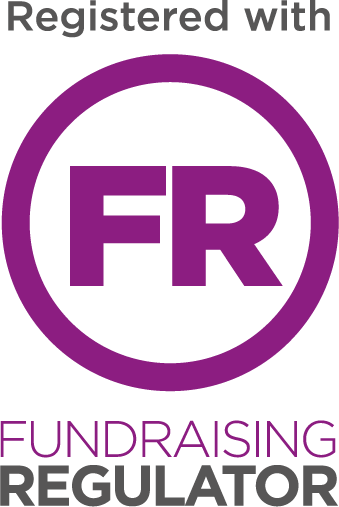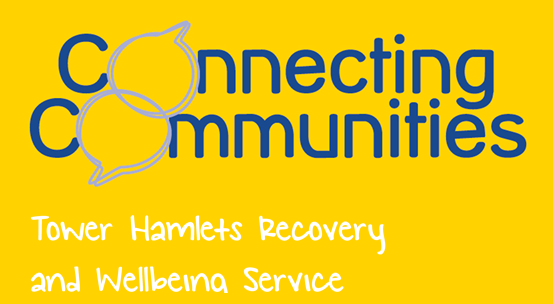What is Advocacy?
Advocacy is taking action to support individuals to express their wishes, secure their rights, and to access the service they need, ensuring that their voice is heard throughout the advocacy relationship. Access to our advocacy service is confidential, free, and operates independently. Mind in Tower Hamlets and Newham deliver the following advocacy streams.
Types of Advocacy
Independent Mental Health Advocate
The IMHA Advocate can help you if you are detained under the Mental Health Act, either as an inpatient or in the community. It is a legal duty of the local authority and providers of care for patients detained under the Mental Health Act to provide information regarding IMHA support to all eligible people, and to support communications and referrals for those patients who wish to engage with the service.
Independent Mental Capacity Advocate
An IMCA is an advocate who has been specially trained to support people who are not able to make certain decisions for themselves and do not have family or friends who are able to speak for them. IMCAs do not make decisions and they are independent of the people who do make the decisions.
Relevant Person’s Paid Representative
The Mental Capacity Act states that anyone being deprived of their liberty (DoLS authorisation) must have a representative to ensure that the terms of the authorisation are being met throughout its duration. The representative can be a family member or friend, however if there is no-one suitable to take on this role, a RPPR will be appointed. Responsibilities include visiting the person on a regular basis, supporting the individual to understand their rights and representing their wishes and to raise any safeguarding concerns with the relevant body.
NHS Complaints Advocate
NHS Complaints Advocacy can help you to use the NHS complaints process which covers all NHS funded treatment. As well as NHS hospitals, GPs, ambulance services, district nurses and mental health services you can also use the NHS complaints process to complain about your dentist (if they treat you as an NHS patient), a pharmacist (if you had an NHS prescription) or your optician (if the NHS pays for your eye tests and glasses).
Care Act Advocate
The Care Act says that local councils must involve people in decisions about their care and support needs. If it would be difficult for someone to be involved without support the council must make sure they get the help they need. If you do not have someone who can help them you have the right to have an independent Care Act Advocate.
Adolescent Independent Mental Health Advocate
This service is for young people who are admitted to the Coborn Unit which is part of the Newham Centre for Mental Health. One to one support is offered to support individuals to understand their rights if they have been detained under the Mental Health Act and to help young people to express their wishes with regards to care and treatment.
View easy read documents below:
IMHA Easy-Read:
Mental Health Act Easy-Read:
Mental Capacity Act Easy-Read:
NHS Complaints Easy-Read:
Care Act Easy-Read:
For more information on any of these specialist types of advocacy please contact us on 020 7510 1081 or email [email protected]
What does an advocate do?
An advocate can talk through with you what options may be available to you according to your situation and to help you understand what the likely outcome will be, according to the option you decide to go with, helping you to make informed decisions. They will discuss your rights around care and treatment and as well as accessing information.
With your consent, they will:
- Help you to contact people, contact them on your behalf
- Attend meetings with you to support you to communicate your wishes with professionals
- Help you to write letters and make phone calls
- Listen to your wishes and views
- Empower you to make your own decisions
An advocate will not:
- Be judgemental
- Tell you what to do
- Make decisions on your behalf
- Carry out work on your behalf without your consent








